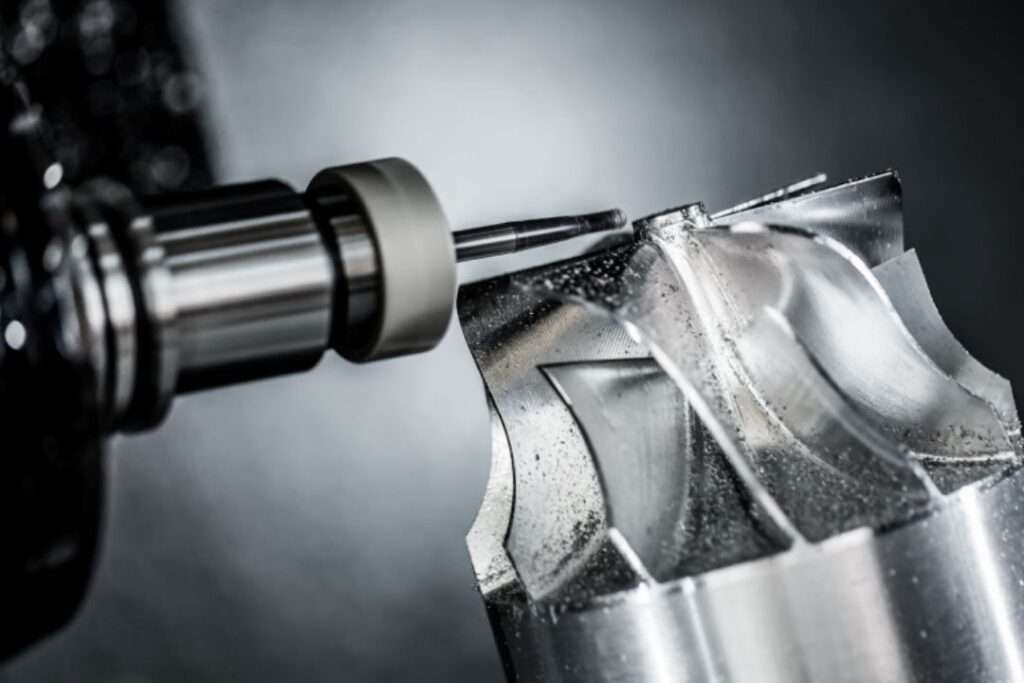Auto major Mahindra & Mahindra Ltd (M&M) reported a robust 32% increase in standalone net profit for the fourth quarter ending March 31, 2024, driven by strong performance in its automotive segment, a favorable product mix, and benefits from operating leverage. The company’s net profit rose to ₹2,038 crore from ₹1,549 crore in the same period last year.
M&M’s standalone revenue from operations grew by 11% to ₹25,109 crore in Q4FY24, compared to ₹22,571 crore a year ago. The homegrown automaker announced plans to invest ₹12,000 crore in its electric vehicle (EV) unit, Mahindra Electric Automobile, signaling a significant push towards electrification. The company’s board has approved a dividend of ₹21.10 per equity share with a face value of ₹5.

Anish Shah, Managing Director & CEO of M&M, commented on the results, stating, “Auto continued its high growth trajectory, farm gained share in a tough market and Mahindra Finance delivered on asset quality.”
“We continue to be the #1 SUV player by revenue and gained 3.5% market share in LCVs < 3.5T category. We also improved our Auto Standalone PBIT margin by 190 bps during this period. In tractors, we achieved a market share of 41.6%, a gain of 40 bps during FY24, and improved our core tractor PBIT margins by 30 bps,” said Rajesh Jejurikar, Executive Director & CEO (Auto and Farm Sector), M&M.
Manoj Bhat, Group Chief Financial Officer, highlighted the company’s financial discipline and operational focus, stating, “Our disciplined capital allocation and sharp focus on operating metrics helped generate record cash flows in FY24. We also repaid debt of ₹3,100 crore and delivered an RoE of 18.4%.” M&M’s shares were trading 0.8% higher at ₹2,320 apiece at 2:25 pm on May 16.
The company reported a 27.2% increase in SUV sales for the quarter compared to the previous year, with its automotive business accounting for nearly two-thirds of total revenue. This segment includes popular models like the Scorpio and Thar.
However, earnings from M&M’s farm equipment segment were pressured by a 21.5% decline in tractor and farm equipment sales, attributed to sub-par rains affecting rural demand. Revenue from the automotive segment rose 20%, while the farm equipment segment saw a 13.1% decline, according to the company’s stock exchange filing.








